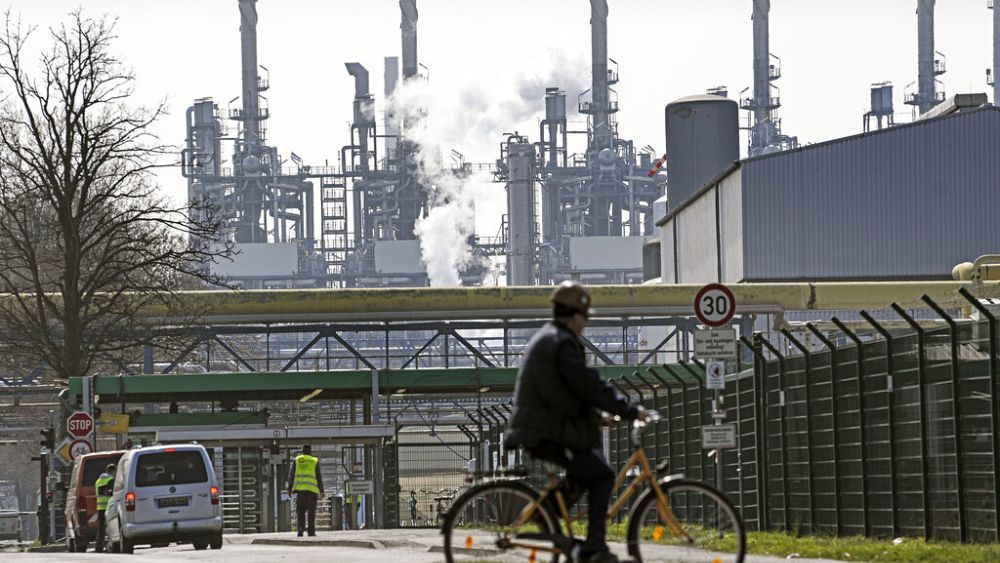Fears of winter gas shortages as Nord Stream reduced to 20% capacity

Gas deliveries via Nord Stream fell on Wednesday to 20% of the pipeline’s capacity, amplifying worries about winter shortages across Europe, according to the German operator Gascade.
Supplies of gas from Russia to Germany were 14.4 gigawatt hours (GWh) Wednesday morning, compared to the average of 29 GWh.
Just 1 GWh is enough energy to power one million homes for an hour, according to the UK’s energy regulator Ofgem.
Russia’s energy giant Gazprom announced the drastic reduction in supplies on Monday, amid an energy standoff between Moscow and the West, which will make it harder and costlier for Europe to build up gas reserves ahead of winter.
Gascade, which manages Germany’s gas network, said the Nord Stream 1 pipeline – the major delivery route of Russian gas to Europe – was at one-fifth of its maximum capacity.
“Nord Stream 1 transports (…) 1.28 million cubic meters per hour, or about 20% of the maximum capacity of the gas pipeline”, a Gascade spokesperson said.
Meanwhile, the Italian energy company Eni announced it has been told by Gazprom that gas deliveries will be limited to 27 million cubic meters on Wednesday, against 34 million “in recent days.”
These announcements have highlighted fears that countries will be unable to meet goals to refill storage and keep their citizens warm during the winter months and that Europe’s fragile economic growth may take another hit if gas will have to be rationed.
Before the Ukraine war, Nord Stream transported around 73 GWh per hour to Germany – which is particularly reliant on Russian gas – but also to other European countries.
Nord Stream 1 accounts for around a third of all Russian gas exports to Europe.
In June, Russian gas supplies were 40% less than normal. They completely stopped between July 11 and 21 as part of planned annual maintenance, though have since resumed.
On Monday, Gazprom said it would further halve its daily deliveries via Nord Stream, which passes under the Baltic Sea, citing the need to maintain a turbine.
A Kremlin spokesman repeated Russia’s claim on Wednesday that Western sanctions are to blame as they are complicating this work.
“The process of maintaining technical devices is made extremely difficult by the sanctions adopted by Europe”, said Kremlin spokesman Dmitry Peskov, adding that “Gazprom delivers as much [gas] as necessary and as much as possible.”
European officials have challenged Moscow’s explanation, accusing it of using energy as an economic and political weapon.
According to a spokesperson for the German government, Russia’s move is a “power game” and the reduction in gas flows has “no technical cause.”
The Russian invasion of Ukraine has pushed up the price of European gas to record-breaking levels, fuelling a cost of living crisis across the continent.
In an attempt to prevent winter shortages, the EU formalised a plan on Tuesday to do “everything possible” to reduce gas consumption by March 2023.
Its 27 member states are aiming to reduce gas usage by at least 15% compared to the 5 year average over the same period.
Russia accounted for some 40% of EU gas imports until last year.
